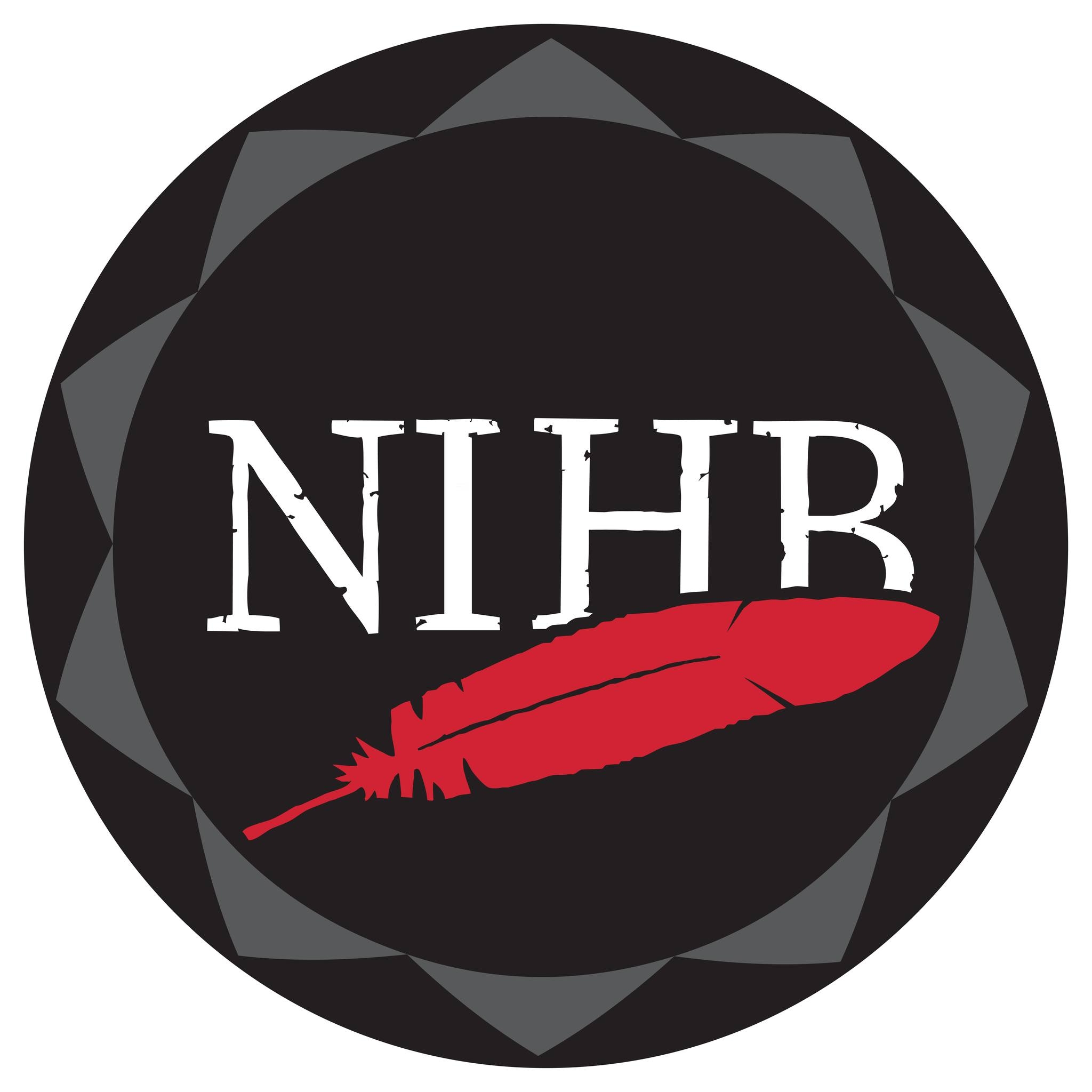On Thursday, the National Indians Health Board released the following statement on President Donald Trump's call for the Washington NFL team to change its name back to "Redsk!ns, a term considered as a racial slur to Native Americans:

The National Indian Health Board (NIHB) condemns President Donald Trump’s recent threat to block the Washington Commanders’ stadium deal unless the team reverts to its former name—a slur so offensive and harmful that it has been publicly rejected by Native communities for decades.
This is not about nostalgia or branding. It is about dignity, health, and truth.
For generations, Native-themed mascots and names have dehumanized Native people, reducing our identities to caricatures, costumes, and slurs. These images don’t honor our children; they hurt them. They perpetuate harmful stereotypes, fuel discrimination, and contribute to devastating mental health outcomes for American Indian and Alaska Native youth.
Using our identities as mascots disrespects our cultures and turns sacred items and practices into entertainment. It strips away our humanity and replaces it with mockery. Our children deserve to be seen as whole, powerful people instead of costumes on a field.
Native people are not mascots. We are sovereign, living Nations with deep traditions, diverse cultures, and strong futures.
For many Tribal Nations, headdresses are sacred, earned through honor and worn with spiritual purpose. They are not decorations; they are holy. To mock or misuse them is to desecrate something deeply meaningful.
Our names and our identities are sacred too.
The American Psychological Association's (APA) research shows what Native people have always known: exposure to Native mascots leads to lower self-esteem and a diminished sense of potential among Native youth. The American Psychological Association, U.S. Commission on Civil Rights, and countless Tribal Nations have all called for the permanent retirement of Native-themed mascots, recognizing them as a form of racial discrimination with real-world mental health consequences.
In 2022, NIHB codified this stance in its Legislative and Policy Agenda, declaring Native mascots a public health and educational justice issue. We reaffirm that position today.
The president’s attempt to revive this harmful narrative for political gain is dangerous and regressive. We call on all leaders to reject rhetoric that weaponizes racism and instead stand with Native youth, families, and sovereign Nations.
This fight is about more than a name. It is about identity, equity, and healing. The era of Native mascots must end. Not just in name, but in spirit.
More Stories Like This
Native News Weekly (August 25, 2024): D.C. BriefsNavajo Nation Mourns the Passing of Former Vice President Rex Lee Jim
Deb Haaland Earns Endorsement From Communications Workers of America Local 7076
University Soccer Standout Leads by Example
Two Native Americans Named to Democratic Congressional Campaign Committee's“Red to Blue” Program
Help us defend tribal sovereignty.
At Native News Online, our mission is rooted in telling the stories that strengthen sovereignty and uplift Indigenous voices — not just at year’s end, but every single day.
Because of your generosity last year, we were able to keep our reporters on the ground in tribal communities, at national gatherings and in the halls of Congress — covering the issues that matter most to Indian Country: sovereignty, culture, education, health and economic opportunity.
That support sustained us through a tough year in 2025. Now, as we look to the year ahead, we need your help right now to ensure warrior journalism remains strong — reporting that defends tribal sovereignty, amplifies Native truth, and holds power accountable.
 The stakes couldn't be higher. Your support keeps Native voices heard, Native stories told and Native sovereignty defended.
The stakes couldn't be higher. Your support keeps Native voices heard, Native stories told and Native sovereignty defended.
Stand with Warrior Journalism today.
Levi Rickert (Potawatomi), Editor & Publisher

